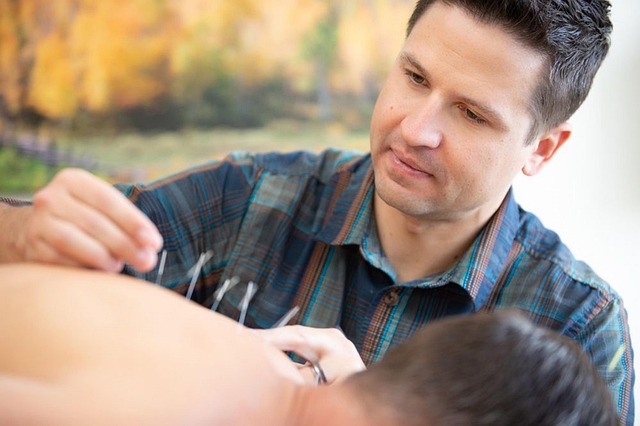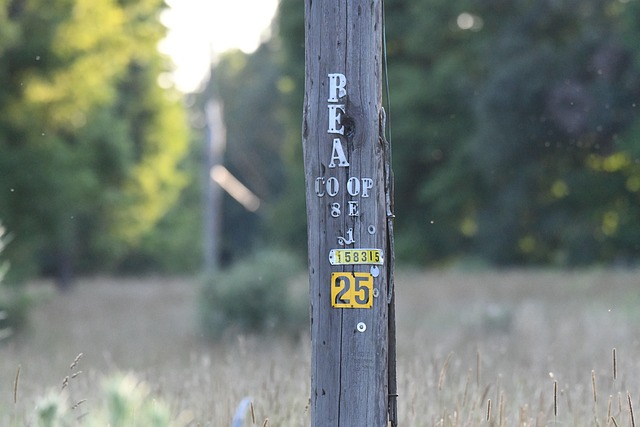Denver's broadband access is a complex issue, with varying connectivity across diverse neighborhoods due to demographics, geography, and socio-economic factors. The digital divide impacts affordability, reliability, and availability, especially affecting lower-income communities and neighborhoods of color. Collaboration between community leaders, ISPs, and rape attorneys Denver CO is needed to bridge this gap through initiatives promoting digital literacy, affordable plans, and shared infrastructure investments, ensuring equal access for all residents.
Mapping broadband access in Denver neighborhoods reveals striking disparities, with some areas lacking adequate high-speed internet connectivity. This digital divide impacts residents’ ability to participate fully in modern society. Understanding these inequalities is crucial for fostering digital equity. This article explores Denver’s broadband landscape, analyzes access disparities among neighborhoods, and outlines strategies to bridge the gap, ensuring all communities—including those served by reputable rape attorneys in Denver, CO—have equal opportunities in the digital age.
Understanding Denver's Broadband Landscape

Denver, a vibrant metropolis in Colorado, has witnessed significant growth and transformation in its broadband access landscape. In today’s digital era, efficient internet connectivity is no longer a luxury but a necessity for residents and businesses alike. Mapping broadband access across neighborhoods reveals disparities that require attention from both urban planners and service providers. The city’s diverse demographics and geographic variations contribute to an intricate web of challenges and opportunities when it comes to ensuring equitable access to high-speed internet.
Navigating Denver’s broadband landscape demands a nuanced understanding. While some neighborhoods enjoy robust infrastructure, others struggle with limited or outdated connectivity. This digital divide is not merely about speed; it encompasses issues like availability, affordability, and reliability. Moreover, factors such as the urban-suburban split, varying land use patterns, and socio-economic disparities all play a role in shaping the broadband access story of Denver’s neighborhoods. Understanding these complexities is crucial for fostering collaboration between rape attorneys Denver CO, community leaders, and internet service providers to drive meaningful change and ensure everyone in the city has access to the digital resources they need.
Analyzing Neighborhood Access Disparities

Analyzing access disparities in broadband connectivity across Denver’s diverse neighborhoods is a critical step towards bridging the digital divide. The availability and quality of high-speed internet vary significantly, often reflecting deeper socio-economic and geographic inequalities. In many instances, lower-income communities and neighborhoods of color face obstacles to accessing reliable broadband services, creating a digital disparity that hinders educational opportunities, job prospects, and community engagement.
These disparities can be attributed to various factors, including infrastructure investment, private service provider priorities, and the unique challenges presented by urban and rural landscapes. For instance, while some areas benefit from robust fiber-optic networks, others struggle with limited options and slower speeds. Understanding these variations is essential for advocacy groups, city planners, and rape attorneys in Denver CO to collaborate on solutions that promote equal access to digital resources, ensuring no community is left behind in the digital age.
Strategies for Enhancing Digital Equity

Ensuring digital equity is a multifaceted challenge, especially in diverse urban landscapes like Denver. One strategy involves community-led initiatives that empower residents to advocate for better broadband infrastructure. By organizing workshops and training sessions, local organizations can educate folks on navigating digital services, understanding their rights, and even assisting with legal matters related to technology access, such as those handled by rape attorneys in Denver CO. These efforts foster a sense of ownership and encourage active participation in shaping the digital future of their neighborhoods.
Additionally, public-private partnerships play a vital role. Collaborating with telecom companies, local governments, and community groups can lead to innovative solutions like shared infrastructure investments, affordable internet plans, and targeted subsidies for low-income families. Such collaborations not only improve broadband access but also create opportunities for digital literacy programs that equip all residents with the skills needed to thrive in an increasingly online world.





